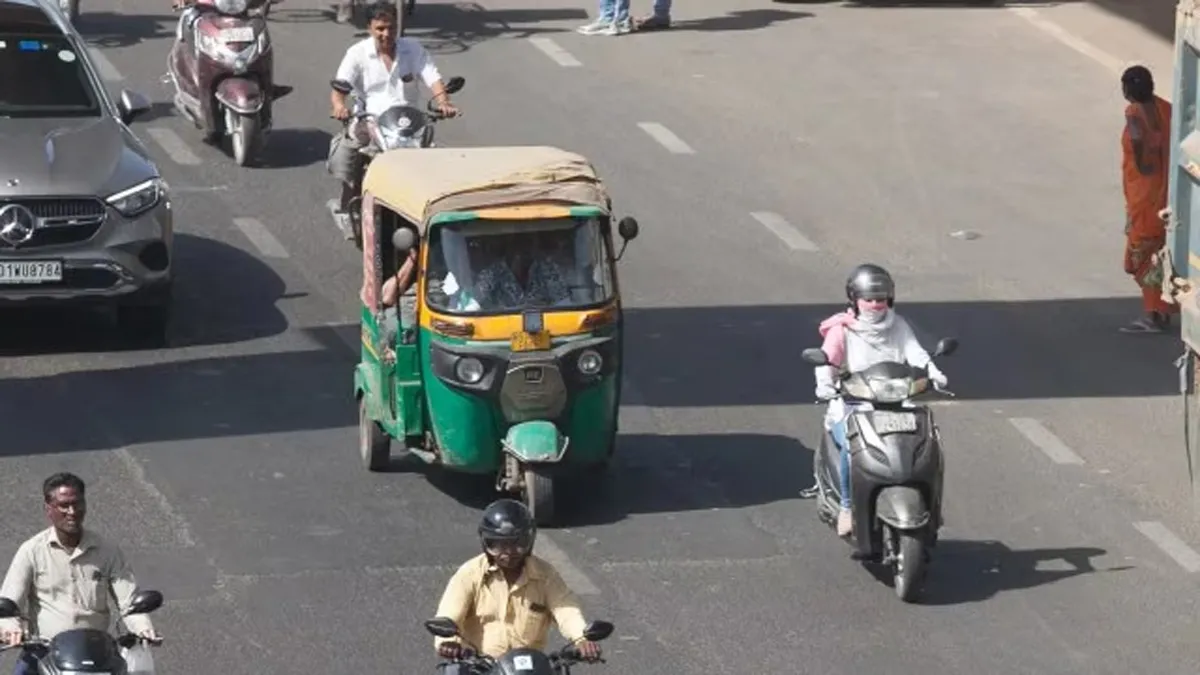The Supreme Court, in a public interest litigation order, had mandated that every civic body create a separate budgetary head for pedestrian safety and use the funds exclusively for road and pedestrian safety-related measures.
A Government Resolution (GR) issued by the Urban Development Department outlines 14 directives for all urban local bodies. Among the major measures is the installation of tactile paving at key public transport hubs — including bus stands, metro and railway stations — to improve accessibility for visually challenged individuals.
Civic bodies must coordinate with the traffic department to enhance pedestrian access by providing seamless entry points, waiting areas, and tactile routes. Additionally, they are required to conduct footpath audits every six months through registered auditing agencies, focusing on high-traffic zones such as markets, schools, colleges, transport terminals, and tourist areas.
The audit report, along with a time-bound repair plan, must be submitted to the Urban Development Department. The GR further instructs civic bodies to remove encroachments from footpaths and pedestrian corridors, ensure adequate lighting and cleanliness, and install CCTV surveillance on pedestrian bridges and subways. Zebra crossings must also adhere to Indian Roads Congress (IRC) and Ministry of Housing and Urban Affairs (MoHUA) guidelines.
Each municipal corporation will establish an “Accessibility and Pedestrian Cell” to handle planning, implementation, maintenance, and grievance redressal. Accident-prone zones are to be identified in coordination with the police, with safety personnel deployed where needed.
The resolution also directs that at least 20 per cent of city roads be surveyed annually to assess the need for new pedestrian crossings. Non-motorised transport, such as cycling and walking, must be promoted through regulations under the Motor Vehicles Act.
All municipal corporations have been instructed to set up an online grievance portal for complaints related to encroachments, damaged pavements, or inadequate pedestrian facilities, with mandatory resolution within 15 days.


